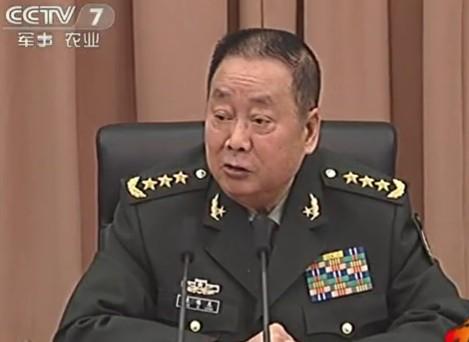Two close associates of retired, influential military generals were recently arrested, according to overseas Chinese news outlets. Judging by previous patterns in recent political purges in China, this move may herald the opening of investigations into their former bosses, and ultimately lead to a probe of their patron, the Communist Party’s former leader, Jiang Zemin.
On May 20, major general Liao Xijun was arrested, sources told the Chinese-language publication World Journal and the South China Morning Post, an English language Hong Kong daily. The move was sanctioned by the prosecuting department of the Central Military Commission—the communist regime’s highest military governing body—and commander-in-chief and Party leader Xi Jinping, the reports said. Investigators raided Liao’s properties and seized an estimated 37 million yuan (about $5.6 million) worth of valuables.
A week later, World Journal reported that major general Zhu Xinjian, currently a member of the Central Military Commission’s science and technology commission, was placed under “shuanggui,” a strict internal Party disciplinary procedure designed to extract confessions from cadres.
The arrest of Liao Xijun and Zhu Xinjian is significant because they are closely connected with two top military officials. Liao Xijun is the younger brother of former General Logistics Department head Liao Xilong, while Zhu was the “mishu,” or secretary, of former General Armaments Department chief Li Jinai.
In turn, the two senior military cadres are long-time political clients of Jiang Zemin, the former chief of the Communist Party.
Building Power
In the Chinese regime, there’s a disconnect between official position and power—the latter is highly personal, and is not guaranteed by the institution or constitution.
So being a civilian with no military connections, Jiang had to spend more than a decade after formally becoming the head of the military commission to foster supporters and retool military departments in a bid to consolidate his hold over the military, and see that it obeys his will.





